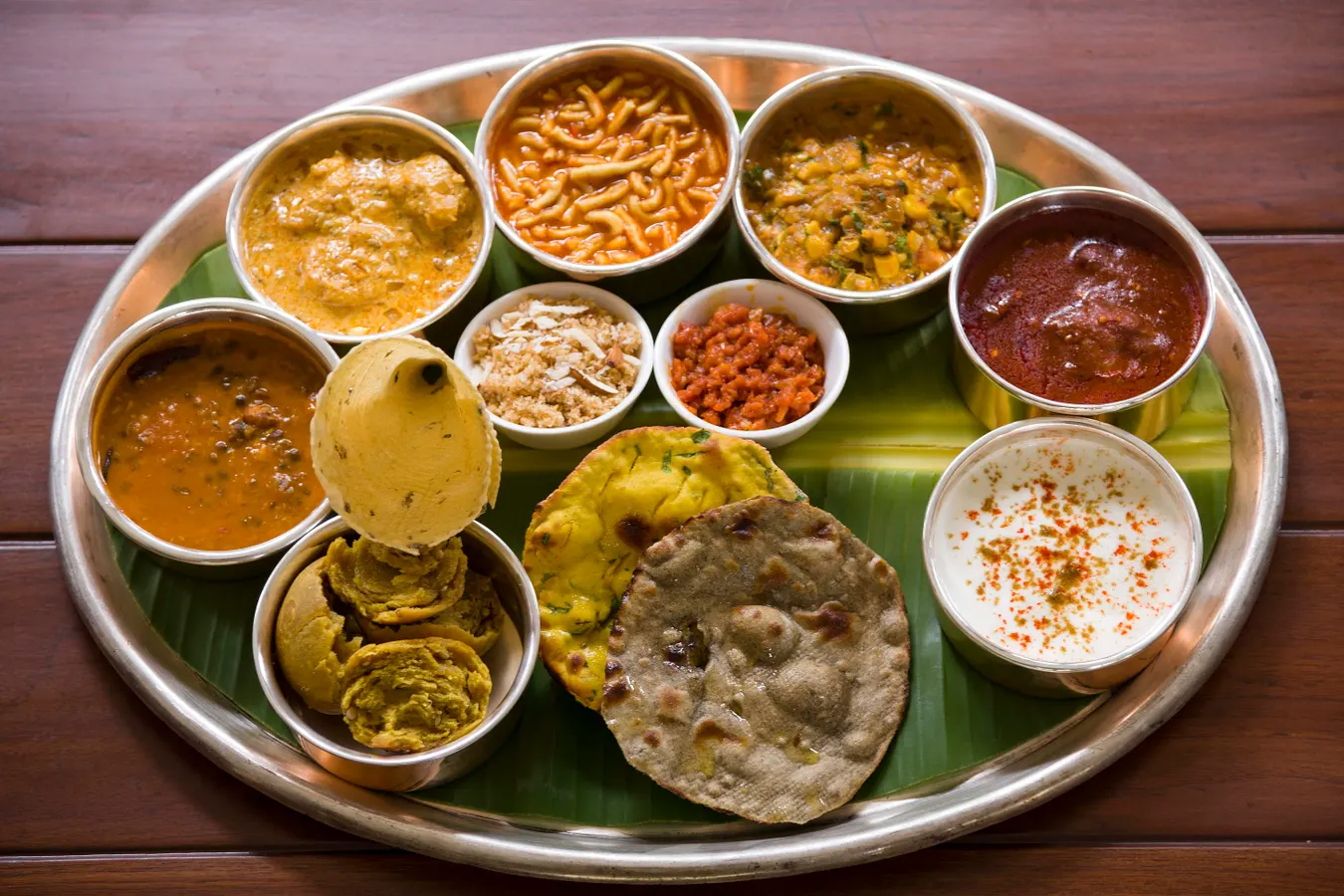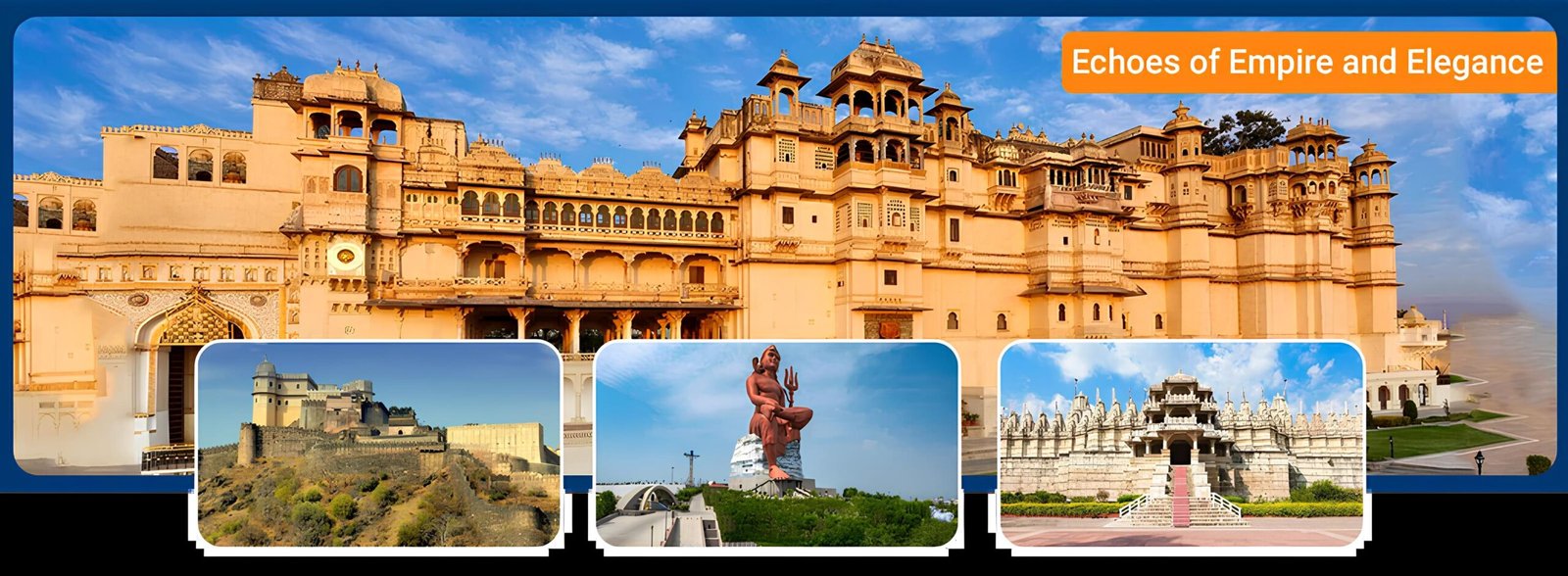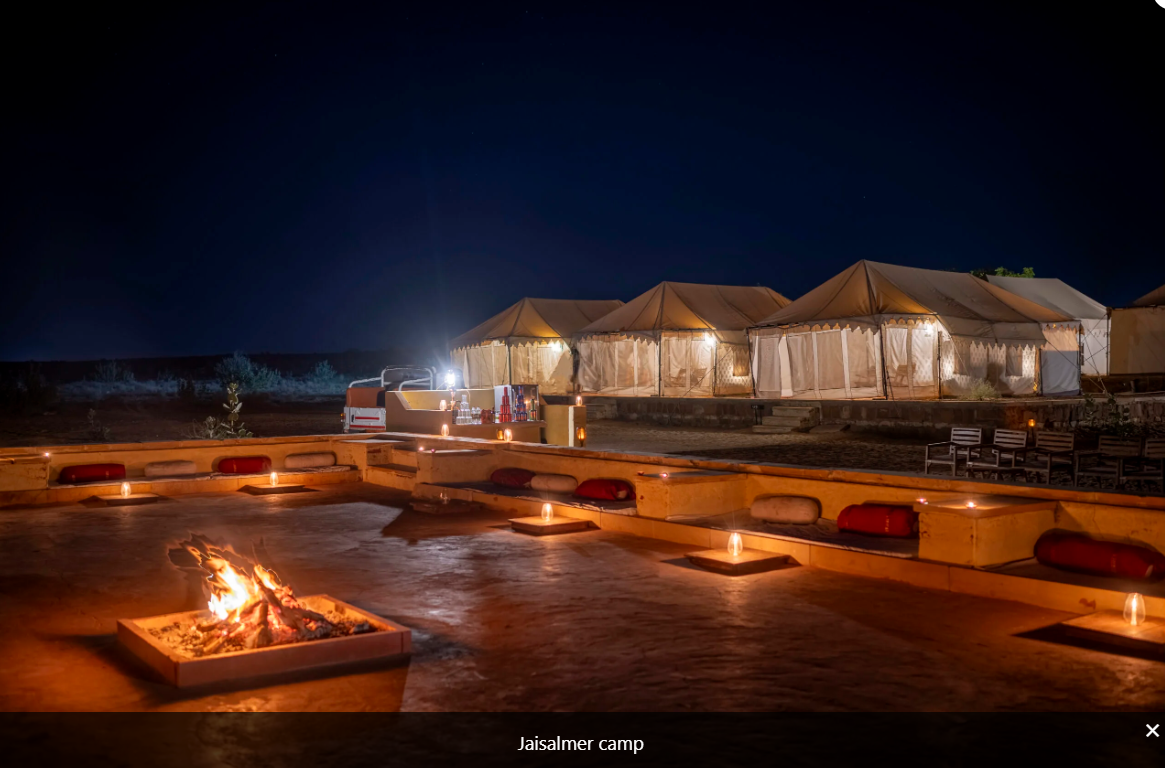Rajasthan is a land of contrasts — from golden deserts and regal palaces to deeply rooted culinary traditions. While most travelers flock to the usual suspects like Jaipur, Jodhpur, or Udaipur for royal meals and lavish feasts, the true flavors of Rajasthan often lie tucked away in lesser-known corners. Tasting your way through these hidden culinary gems isn’t just about food — it’s about connecting with local culture, ancestral recipes, and unforgettable hospitality. Whether you’re exploring on your own or through a Travel agency in Rajasthan, stepping off the beaten track will reward you with rich flavors and rare experiences.
Alwar’s Sweets Legacy: Kalakand Capital of India
Alwar, often overshadowed by its neighbors, is a treasure trove for sweet lovers. The city is famed for its Kalakand, a milk-based dessert that’s creamy, soft, and unlike anything you’ll find in mainstream sweet shops. While Kalakand is now found across India, the one prepared in Alwar is still made using traditional firewood stoves and thickened milk — a technique passed down generations. Step into any modest mithai shop here, and you’ll encounter sweets made fresh daily, sold out by sunset, and remembered long after your trip ends.
Rawatbhata’s Tribal Kitchens: Authentic Forest-Foraged Fare
South of Kota lies Rawatbhata, where tribal communities continue to prepare meals using ingredients sourced directly from surrounding forests. If you’re seeking earthy, hyper-local dishes that never appear on restaurant menus, this is your haven. Meals are often cooked on open fires with wild mushrooms, Mahua flowers, seasonal greens, and coarse grains. The food here tells stories — of sustainability, community, and deep-rooted connection to the land. Travelers lucky enough to join a village host for a meal will walk away with more than a full stomach — they’ll carry a piece of Rajasthan’s ancient wisdom.
Shekhawati’s Rural Dhabas: Hearty Meals with a Story
The Shekhawati region, known for its frescoed havelis, also offers culinary surprises in its roadside dhabas. These aren’t your average truck stops — they’re lifelines for locals and hidden gems for food explorers. Staples like Bajre ki Roti, Ker Sangri, and Lehsun ki Chutney dominate the plates, but it’s the preparation — slow-cooked, spiced with care, and made from scratch — that elevates them. Each dhaba has its own story, usually a family saga where recipes evolve over decades. It’s these roadside tables where conversations flow freely and every bite reminds you why simple food can be unforgettable.
Bundi’s Stepwell Cafés: Where Heritage Meets Flavor
Bundi, with its quiet charm and architectural beauty, has seen a rise in stepwell-side cafés that blend heritage ambiance with traditional fare. These cafés offer views of ancient baoris (stepwells) while serving homemade Rajasthani thalis, millet-based pancakes, and spiced buttermilk. They cater not just to tourists, but to locals who gather here for evening chats over kachoris and tea. What makes these spots unique isn’t just the food but the experience — dining amidst history, under open skies, and listening to stories whispered by walls centuries old.
Dungarpur’s Royal Kitchens: Preserving Culinary Heritage
Tucked away in the southern hills, Dungarpur rarely features in mainstream travel plans. Yet, it’s home to one of Rajasthan’s most preserved royal culinary lineages. The local Rajput kitchens still follow age-old techniques: slow-roasting meats over coals, marinating in stone pots, and using saffron, dry fruits, and hand-ground spices. Guests staying in heritage homes or palaces often have the chance to dine on these royal meals — a deeply immersive experience in food history. Opting for a Luxury Rajasthan Tour that includes such local stays can help you access this rare, intimate world of cuisine once reserved for kings.
Barmer’s Desert Cuisine: Bold, Minimal, and Memorable
Barmer, located deep in the Thar Desert, serves food that reflects its harsh landscape — minimal in ingredients, yet bold in flavor. Water scarcity has influenced dishes that are dry-cooked, use less oil, and are built around shelf-stable items like legumes and dried vegetables. Mangodi, Papad ki Sabzi, and Chane ka Halwa are local staples. Cooking here is an art of necessity — simple, sustainable, and designed to nourish in unforgiving conditions. And yet, it’s delicious. For those seeking a genuine desert food experience, Barmer offers culinary honesty unlike anywhere else.
Pali’s Chai Culture and Snack Bazaars
Pali might not be the first place you’d associate with gourmet experiences, but its tea stalls and snack markets are iconic. Morning and evening hours see locals thronging stalls for masala chai served in earthen cups, accompanied by a rotating menu of savory treats — Mirchi Bada, Methi Pakora, and onion-laced Kachoris. The flavors are addictive, the setting is casual, and the atmosphere, full of life. It’s in these tiny stalls that you feel the pulse of Rajasthan — energetic, warm, and always ready to serve a hot cup of comfort.
Sirohi’s Hill Produce and Farm-to-Table Feasts
Sirohi, nestled near Mount Abu, is rich in flora and known for its Ayurvedic plants and organic farms. In recent years, farm-to-table dining has taken root here, supported by eco-conscious homestays and wellness resorts. Meals often incorporate wild herbs, fresh dairy, and local grains like jowar and rajgira. It’s not only healthy but also a unique way to experience the state’s biodiversity on a plate. For travelers who seek clean food with cultural depth, Sirohi’s emerging culinary scene offers something refreshingly grounded.
Beyond Taste: Culinary Journeys with Rajasthan Yatra
Exploring food beyond Rajasthan’s tourist hotspots isn’t just about eating differently — it’s about traveling differently. You’re not just visiting a place, but understanding its soul through its kitchens, markets, and community tables. A curated itinerary like the Majestic Rajasthan Getaway Tour can connect you with such lesser-known experiences, whether it’s sharing breakfast with camel herders or learning to cook on a chulha in a tribal home.
The real Rajasthan lives beyond the palace walls and city centers — in kitchens that run without gas, in recipes that are sung rather than written, and in flavors that only patience can produce. For those willing to go the extra mile (and a little off-road), a flavorful world awaits.




